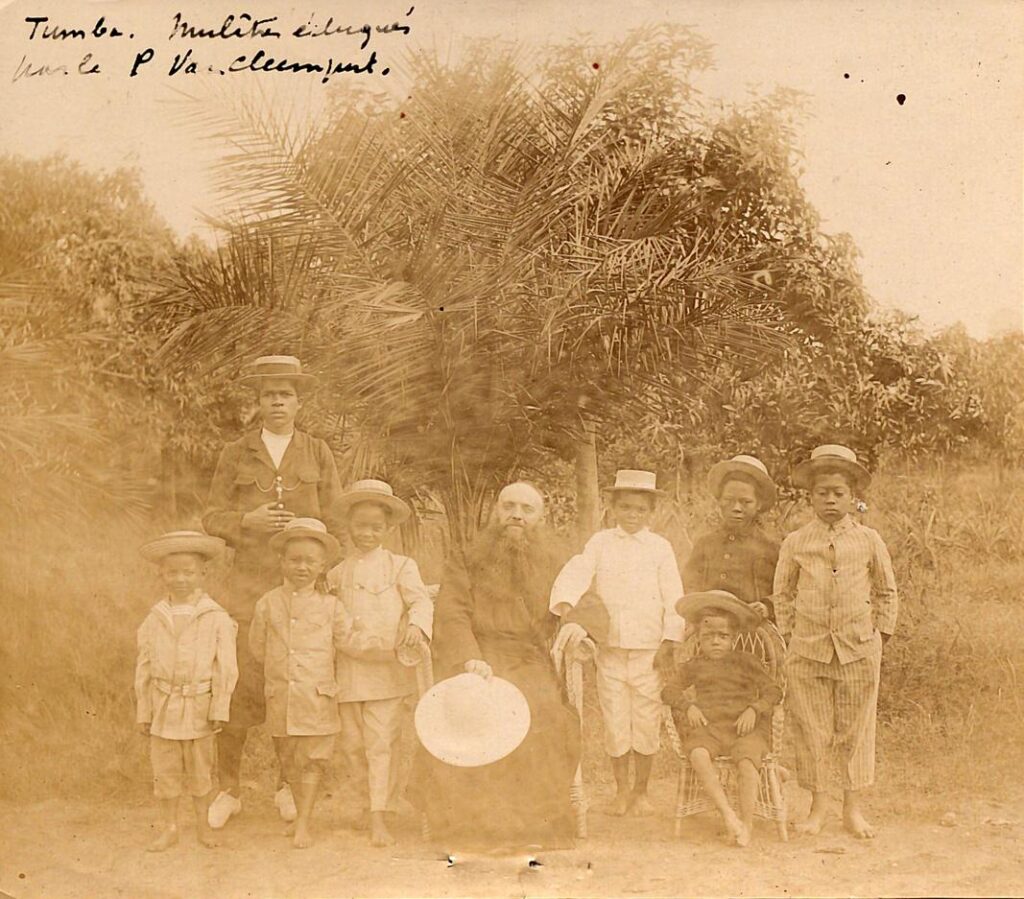A special ceremony took place on Wednesday evening in Berchem-Sainte-Agathe, where the mayor presented birth certificates to two 80-year-old mixed-race individuals.
The recipients, Germaine Dervan and Léopold Rouhard, both roughly 80 and born in Belgian Congo during colonial times to a Belgian father and indigenous mother, received their birth documents after a wait of over 60 years.
The Berchem residents are the first mixed-race Belgian Francophones to receive the documents in a formal ceremony.
Before Mayor Christian Lamouline officially handed over the documents, several personalities addressed the ceremony, including former Justice Minister Vincent Van Quickenborne, Foreign Affairs Minister Hadja Lahbib, and the former president of the Brussels Francophone Parliament, Julie de Groote.
The mayor emphasised the numerous administrative and legal consequences for mixed-race children who did not have the privilege of owning a birth certificate, which hindered their access to fundamental rights.
He pointed out that a circular approved by the Belgian State in 2022 indicated, in the absence of a birth certificate, the Public Prosecutor’s Office must act ex officio before the Family Court to provide these documents, thus giving “a chance for repair and recognition to the people concerned.”
In 2018, the Chamber approved a resolution acknowledging the segregation that mixed-race individuals had suffered during the colonial period.
The text put forth a series of recommendations to the government, particularly regarding the birth certificates of these individuals, whom the colonial regime had torn away from their mothers.
During the colonial period, the Belgian State took thousands of mixed-race children, known as Métis, from their mothers in Burundi, Congo and Rwanda because it felt African women would not properly raise children of part-European descent.
Many of the children were shipped off to Belgium where they were placed in orphanages or foster homes.

